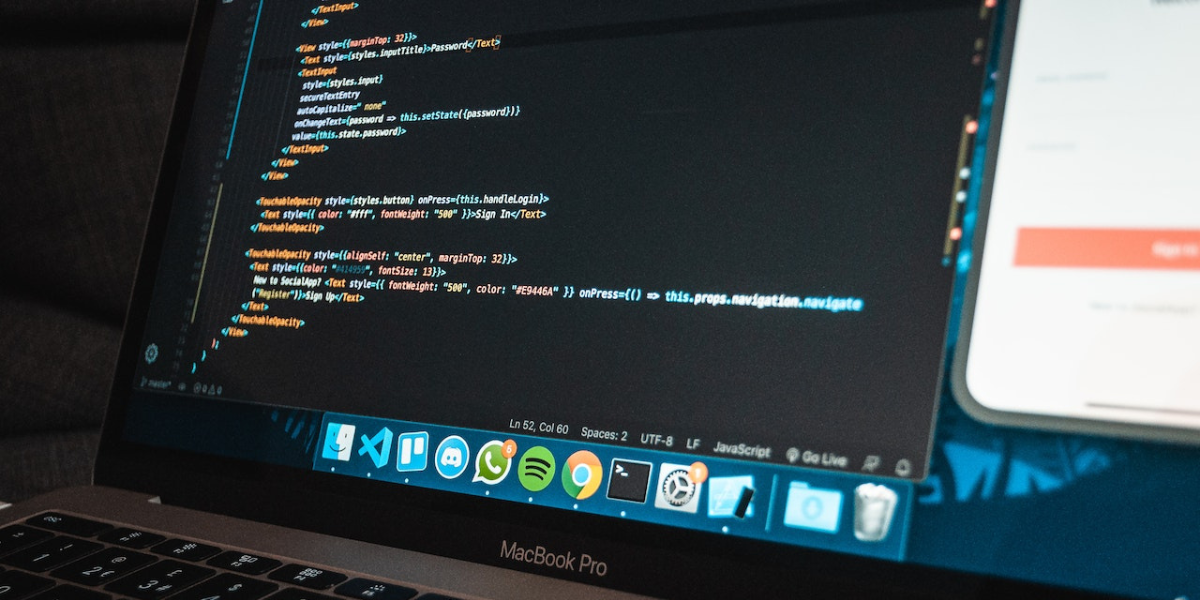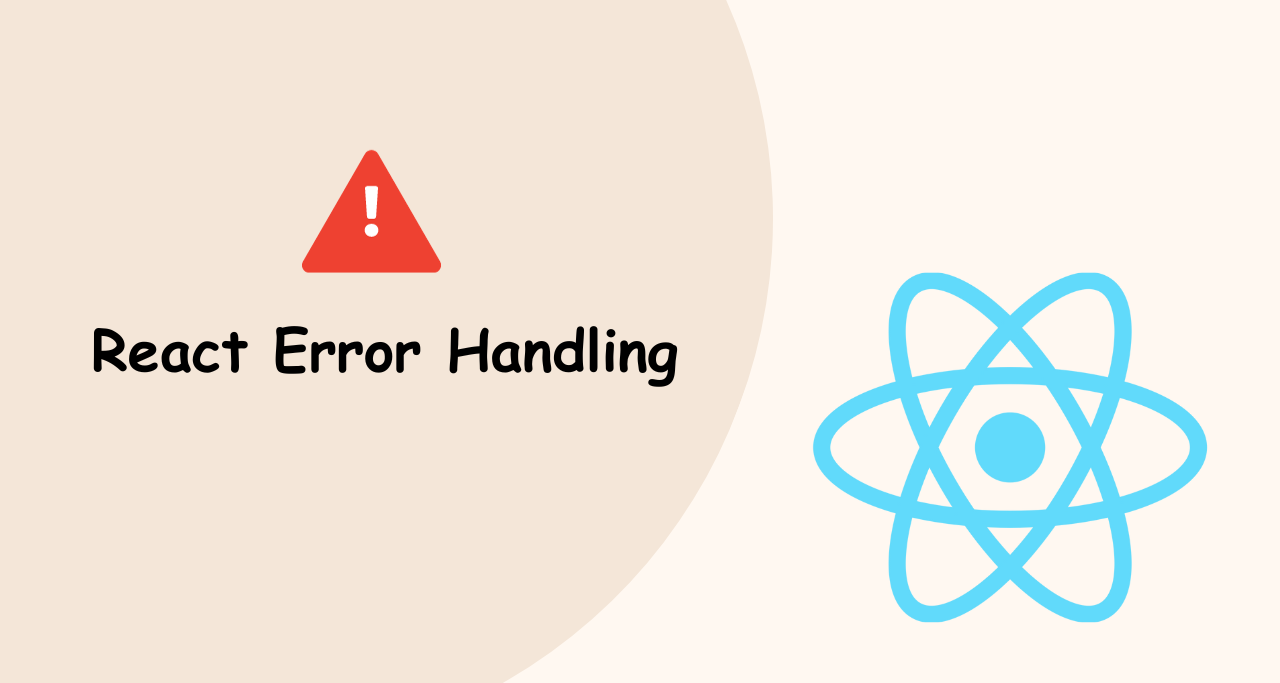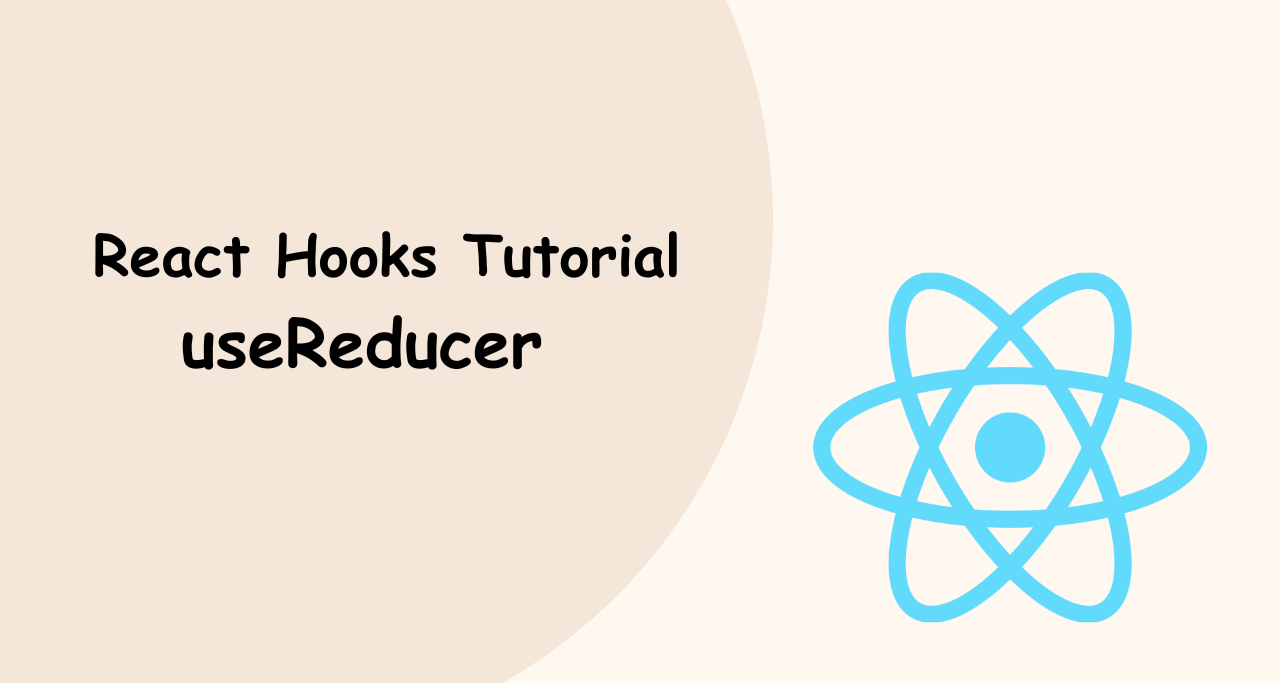In the world of coding, time is of the essence. As a developer, optimizing your coding workflow is crucial for increased productivity and efficiency. In this advanced article, we will delve into powerful techniques and strategies that can help you speed up your coding workflow, enabling you to deliver high-quality code in less time.
Utilize Code Snippets and Templates

1. Building a Library of Reusable Code Snippets
One effective way to accelerate your coding workflow is to create a library of commonly used code snippets and templates. These snippets can be chunks of code for specific functionalities or commonly performed tasks. By having a repository of snippets readily available, you can quickly insert them into your code, saving valuable time and effort.
2. Leverage Pre-built Templates and Frameworks
In addition to creating your own snippets, take advantage of pre-built templates and frameworks. Many programming languages and frameworks offer pre-made components and libraries that can significantly speed up your development process. Utilize these resources to streamline your coding workflow and avoid reinventing the wheel.
Master Keyboard Shortcuts and IDE Features
1. Accelerating Navigation and Editing
Invest time in learning and mastering keyboard shortcuts and advanced features provided by your Integrated Development Environment (IDE). These shortcuts allow you to navigate through code, perform common tasks, and modify code quickly and efficiently. By reducing reliance on mouse-based actions, you can achieve a significant boost in your coding speed.
2. Customizing Your IDE for Optimal Efficiency
Most modern IDEs allow customization to fit your workflow preferences. Take advantage of this feature by configuring your IDE to suit your coding style. Customize keyboard shortcuts, code formatting rules, and layout settings to optimize your workflow and eliminate unnecessary manual tasks.
Embrace Automation with Scripting and Tools
1. Automating Repetitive Tasks
Identify repetitive tasks in your coding workflow and automate them using scripting languages or specialized tools. Whether it’s code generation, file organization, or deployment processes, automation can save you valuable time and reduce the risk of errors. Develop scripts or leverage existing tools to streamline repetitive tasks and focus on more critical aspects of your coding.
2. Integrated Build and Testing Tools
Efficiently building and testing your code is vital for a fast-paced workflow. Utilize integrated build and testing tools available in your development environment or leverage external tools that seamlessly integrate into your workflow. Automated builds, continuous integration, and unit testing frameworks can significantly speed up the development and debugging process.
Collaborate and Leverage Online Resources
1. Leveraging Version Control Systems
Version control systems, such as Git, provide powerful collaboration features and help manage code changes efficiently. Collaborate with teammates, track changes, and merge code seamlessly using version control tools. This ensures a streamlined workflow, reduces conflicts, and enhances overall productivity.
2. Leveraging Online Communities and Documentation
Online coding communities, forums, and documentation platforms offer a wealth of knowledge and solutions to common coding challenges. When faced with a roadblock, leverage these resources to find answers, learn from others, and gain insights into efficient coding practices. Engage in discussions, contribute, and leverage the collective expertise of the community to accelerate your coding workflow.
Continuous Learning and Professional Development
1. Stay Updated with the Latest Tools and Techniques
The field of coding is constantly evolving. Stay up to date with the latest programming languages, frameworks, and tools relevant to your domain. Continuous learning and professional development enable you to leverage new technologies and techniques that can significantly enhance your coding speed and efficiency.
2. Refactoring and Optimization Techniques
Regularly reviewing and refactoring your code is essential for improving its efficiency and readability. Optimize algorithms, remove redundant code, and identify bottlenecks in your codebase. By continuously optimizing and refining your code, you can enhance its performance and reduce execution time, ultimately speeding up your coding workflow.
3. Profiling and Performance Analysis
Profiling tools help identify performance bottlenecks and areas of code that consume excessive resources. Utilize profiling tools to analyze your code’s runtime behavior, memory usage, and execution time. By pinpointing areas that require optimization, you can make targeted improvements, leading to faster and more efficient code execution.
Adopt Agile Development Practices
1. Implementing Agile Methodologies
Adopting Agile methodologies, such as Scrum or Kanban, can significantly improve your coding workflow. Breaking down tasks into manageable iterations, setting priorities, and regularly reviewing progress allows for more efficient development cycles. Agile practices enable you to deliver incremental improvements, receive feedback, and adjust your approach accordingly, leading to accelerated development.
2. Continuous Integration and Continuous Delivery (CI/CD)
Implementing CI/CD practices automates the integration, testing, and deployment of your code. By automating these processes, you can ensure that changes are quickly and reliably incorporated into the application. This reduces manual effort, minimizes errors, and enables rapid delivery of features and updates.
Effective Time and Task Management
1. Prioritizing and Breaking Down Tasks
Effectively managing your time and tasks is vital for optimizing your coding workflow. Prioritize your tasks based on their importance and urgency. Break down larger tasks into smaller, manageable subtasks, allowing for incremental progress and a sense of accomplishment. Utilize project management tools or techniques, such as the Pomodoro Technique, to enhance focus and productivity.
2. Minimizing Distractions and Maximizing Focus
Eliminate distractions during coding sessions to maintain focus and flow. Close unnecessary applications, mute notifications, and create a dedicated workspace conducive to concentration. By minimizing interruptions, you can immerse yourself in the coding process and maintain a steady pace, leading to improved efficiency.
Conclusion
By implementing these advanced techniques, you can significantly speed up your coding workflow and enhance your productivity as a developer. Embrace code snippets, shortcuts, and automation to save time on repetitive tasks. Leverage collaboration tools and online resources to learn from the community and find solutions. Continuously optimize and refactor your code for improved performance. Adopt Agile practices and effective time management strategies to streamline your development process. With these strategies in place, you’ll be able to code faster, more efficiently, and deliver high-quality results in less time.




